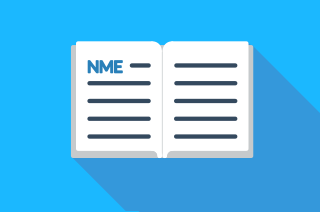News Media Europe fully endorses initiatives such as the 2018 Global Media and Information Literacy Week 2018 as organised by UNESCO. This initiative doesn’t only raise awareness, but also provides a platform for the exchanging of best practices, the sharing of new ideas and serves as a connection point for a variety of stakeholders with vested interests in the development of media and information literacy projects.
Media and information literacy is a prerequisite for fundamental rights such as the freedom of expression and access to information. Media and information literacy empowers the development of cognitive, technical and social skills which underpin healthy, robust democracies.

The way news content is distributed has significantly changed in recent years. While the disinformation phenomenon has seriously impacted various levels of society, it has become increasingly important to enable European citizens to effectively access and critically analyse media content. More than ever, European citizens need to be empowered to make informed decisions about which media they use and how they use it.
Disinformation is a global threat which requires an equally global response. Therefore, the most efficient way to promote media and information literacy is through an orchestrated effort by international institutions, national authorities and with the active involvement of a wide range of stakeholders.
News Media Europe firmly believes that individuals should be empowered to differentiate between different types of digital media content, such as facts, editorial content, native advertising, sponsored content and to recognise the nature of biased information. It is equally important for individuals to have a thorough understanding of the parameters in which platforms play a role in the distribution of news content as well as the role of disinformation in the ecosystem.
We acknowledge the European Commission’s intention in supporting and promoting pan-European media literacy programmes through various instruments: the newly amended AVMS Directive and the proposed Creative Europe 2021-2027 programme. We firmly believe that the creation of a European media literacy network is becoming increasingly important. The first step should consist of highlighting existing successful information and media literacy programmes, which may have a stimulating effect for the rest of the ecosystem.
We see encouraging steps from all European Institutions and we remain hopeful that the next European Commission and the next European Parliament will continue to acknowledge the importance and urgency with which comprehensive European media and information literacy programmes need to be created.










